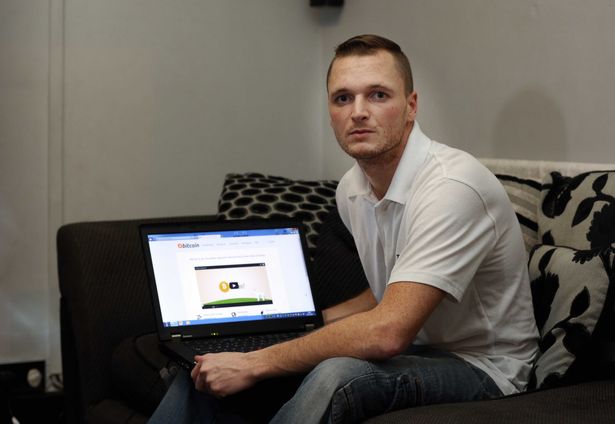
In the news this week it’s been reported of a young gentlemen named James accidentally disposing of his hard drive to a landfill site with an estimated fortune of $80 million of Bitcoin residing on it. This story has taken the media by storm and it got us talking in the offices, what would we do if we were in the same situation?

James Howells, pictured in 2013 (Image: D Legakis/Athena Picture Agency)
Firstly, i’d like to express that although we sympathise with James (knowing that a single error with hard drives can result in disastrous consequences), we have personally found ourselves in situations where data has been wiped or destroyed that slipped through the net. I can recall a time where I had an old drive that refused to be read so decided the time was up to destroy it, little did I know at the time I had a duplicate drive and the one destroyed contained some very important holiday memories of my teenage years, it’s safe to say I learnt the hard way and this seems to be the case for James also.
If you haven’t heard of the story yet (where have you been?) then you can read all about it here: Man who ‘threw away’ bitcoin haul now worth over $80m wants to dig up landfill site.

The first response we had to the story was ‘why is he throwing away hard drives to landfill sites in the first place?’, as it turns out this actually become the subject matter and source of our debate. Although we wholeheartedly repute the idea of putting electronic devices on landfills (for reasons described across our website), we realised that the physical item may still be in circulation somewhere that amounts to a chance (albeit a small one) that he may recover the drive and redeem the value of the bitcoin.
Could it be at all conceivable that he would invest in scouring the landfill for the drive in the notion that finding it would pay dividends? Would it be ethical to dig around in a landfill with all the dangers surrounding the area and environmental issues?
One thing we do know for certain, no hard drives received at LoopCR will ever end up in a landfill. Please ensure all your data is checked, checked again and then checked one final time before you decide to dispose or destroy a hard drive. As the old marketing says once read ‘once it’s gone, it’s gone’.
